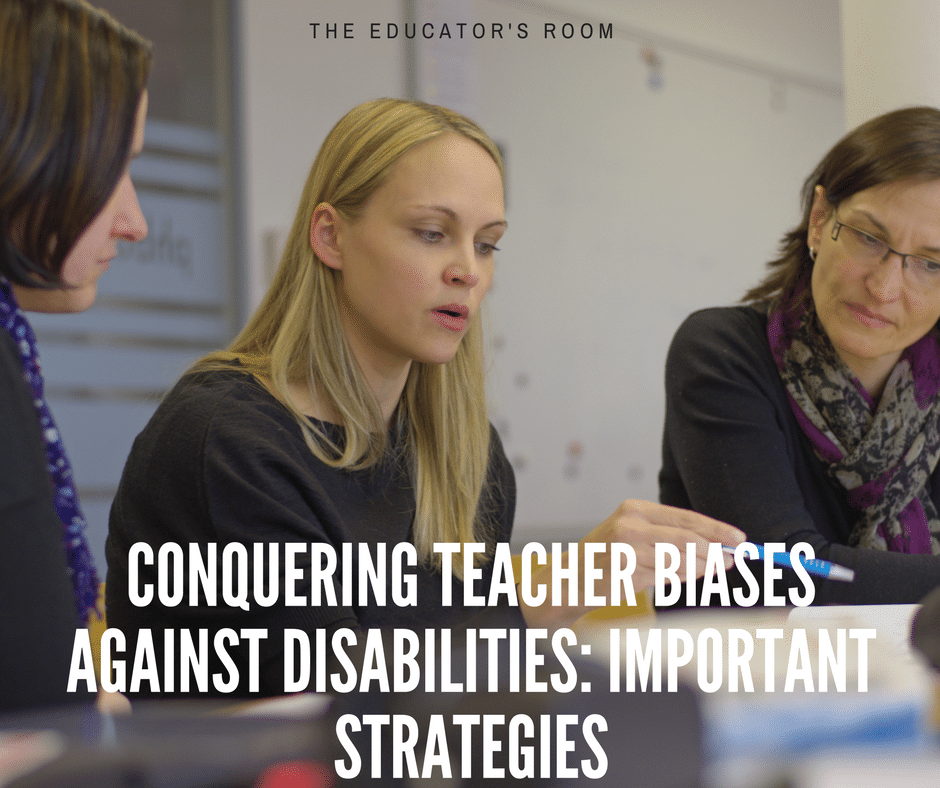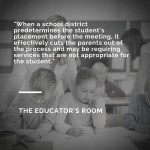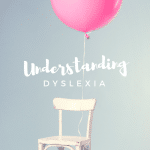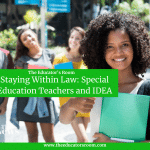Last week, I wrote about teacher bias against special education students: a topic that struck a chord for many teachers for a variety of reasons. How can we achieve equity in education with biases in place? The answer? We can’t. But there are ways to help deal with biases, whether our own or someone else’s. This time, let’s go through each bias one-by-one and determine solutions that are realistic for teachers. But first, you must address your own implicit biases and own them so that you can take positive steps forward. Ready? Okay. Let’s go.
Addressing Teacher Bias in Beliefs about Rewards
Many teachers are against reward-systems even for regular education students, but add that system to a child with an IEP who has behavioral challenges, and feathers get ruffled pretty quickly. The truth is, when it comes to rewards, the right types of rewards communicate a pressure for a person to engage in specific behaviors according to Ryan, Mims, and Koestner (1983). So, what are the right types of rewards? Verbal rewards, where you give explicit positive feedback, can actually enhance competence and increase intrinsic motivation, according to Deci, Koestner, and Ryan (2001). Tangible rewards, say Deci, et al., such as prizes, pizzas, candy, etc., would work only if the student is actually engaged in the behavior being rewarded, and can be given under certain contingencies, such as the student engaging in a certain task over a certain period of time. However, the most positive impact occurs with verbal rewards provided that they are explicitly stated and not just general, “good job” types of reward statements. Your best bet is to find as many positive (true) things to say about all students, but especially those with behavioral or learning difficulties in order to keep them motivated. As such, they are just as deserving of academic and social praise as any other student and should be rewarded at reward ceremonies as much as any other deserving student, regardless of whether or not they hold an IEP that keeps them at an equity standpoint with their peers.
[bctt tweet=”Verbal rewards can actually enhance competence and increase intrinsic motivation” username=”EducatorsRoom”]
Addressing Biases in Relation to Accommodations
Some teachers hesitate when it comes to accommodations and modifications on a child’s IEP and may balk at the idea of it. However, this should be addressed from an equity standpoint, not an equality standpoint. So, Johnny might not receive any accommodations and make a 90 in the class while Jimmy receives a few accommodations that allow him to also make a 90 in the class. Is that so wrong? What if you worked your hardest and all you could ever make was a 70 while someone else, with greater capability than you, worked less hard and made a 90? Is that fair? The statement in my classroom is that fair isn’t always equal. It’s like if I went to a concert and stood behind a bunch of tall people (I’m super short). Is it a fair and equitable experience for both of us? NO. In fact, it’s quite annoying and makes me less likely to attend future concerts. Do you want your students to feel like it’s pointless to attend your class because, at their best, they will achieve far less than their peers? I doubt it. And if you’re short like me, you’ll understand the reference. Providing accommodations and modifications makes for an even playing field where all “concert-goers” get to see the concert and experience it with, hopefully, the same amount of joy.
Addressing Beliefs about Ability Levels and Behaviors
Finally, teacher bias is observed in teachers’ beliefs about the ability levels and behaviors of students with disabilities. There are teachers who believe students with academic and behavior problems will increase their workload and reduce the efficacy of teaching. While there is no doubt that students with behavioral difficulties can present a challenge in the classroom, that does not mean that you will not reap rewards from teaching these children. Nor does it mean that these students don’t belong in the classroom. According to research conducted by Nelson, et al. (2004), it is true that academic achievement deficits often exist in students with emotional/behavioral difficulties. They also state that effective interventions must be presented for these students early on to help ameliorate the deficits that will occur over time without effective interventions. Fortunately, there are some great websites out there that provide fantastic interventions for students with behavioral challenges. Intervention Central is my personal favorite website because you can search practically any behavior and find numerous interventions to attempt to help the student find success in the classroom. To help track academic growth for all students, easyCBM is a free resource that can be used for any grade level in reading and math. If you want to pay, it unlocks more features, but I find tracking growth and showing the students their charts to be an effective way to encourage academic success over time. With both of these resources, the interventions and resources are good for all students and should be a regular part of your classroom instruction, not just something extra to do. In fact, plenty of students without IEPs experience behavioral and academic difficulties that can be addressed through these resources and more.
Final Notes
None of these points are meant to express that teachers do not want the best for their students. In fact, a vast majority of teachers believe they are doing what is best for their students, but may need some extra training to help with those students they are less comfortable teaching. In order to get to that place where extra training is effective, though, teachers must first decide they need a little extra help. These articles are meant not to undermine teachers but to ensure we all address the biases that occur everyday in our lives. Without us carefully monitoring our own biases, we can do very little to fix them.
References:







